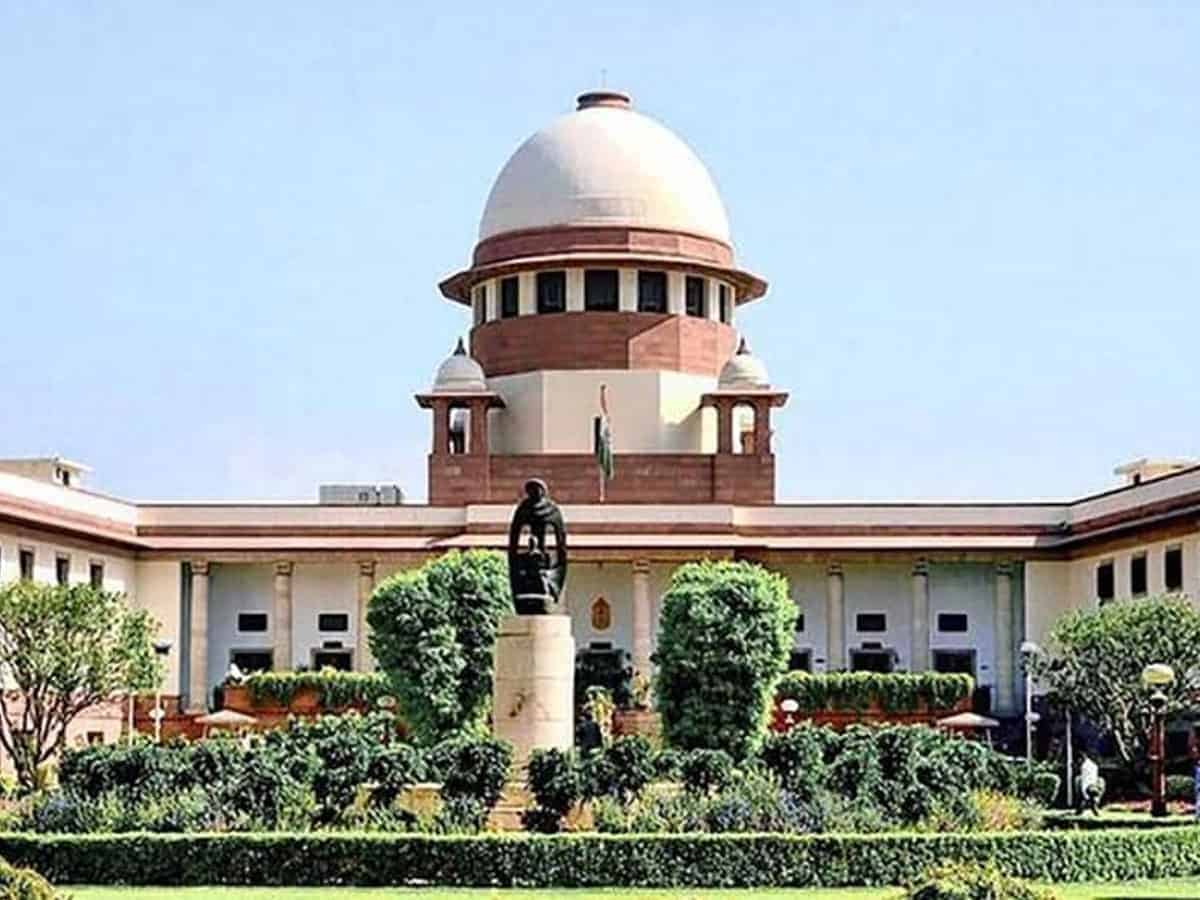
Supreme Court judge Justice B V Nagarathna, in her minority verdict regarding the Union government notification on demonetisation of Rs 500 and Rs 1,000 currency notes, said that it was vitiated, and unlawful.
The Supreme Court on Monday upheld the Narendra Modi-led central government’s 2016 decision to demonetise currency notes of Rs 1,000 and Rs 500 denominations. A five-judge constitution bench pronounced a 4:1 judgment.
Justice Nagarathna, who was the only judge to oppose the decision agreed with the petitioners and reminded the court that as per section 26 of the Reserve Bank of India Act, the RBI should have independently recommended demonetisation instead of ‘agreeing with the Centre’s advice’.
“There was no independent application of mind by the RBI,” Justice Nagarathna said.
“After perusing the documents and records submitted by Centre and RBI, phrases like “as desired by Centre government” shows there was no independent application of mind by RBI,” Justice Nagarathna said.
She also added that the decision was “an exercise of power, contrary to law, and therefore unlawful.”
“Demonetisation was, beyond a pale of doubt, well-intentioned. Best intentions and noble objects are not under question. The measure has been regarded as unlawful only on a purely legal analysis, and not on the objects of demonetisation,” she said.
In its defence, the Central government said that the court has no right to decide on matters where there is no relief. It would be like “putting the clock back” or “unscrambling a scrambled egg”, the centre said.
Fifty-eight petitions were filed challenging the 2016 note ban. They argued that the central bank, instead of taking ‘advice’ from the Union government, should have acted according to the RBI Act.



